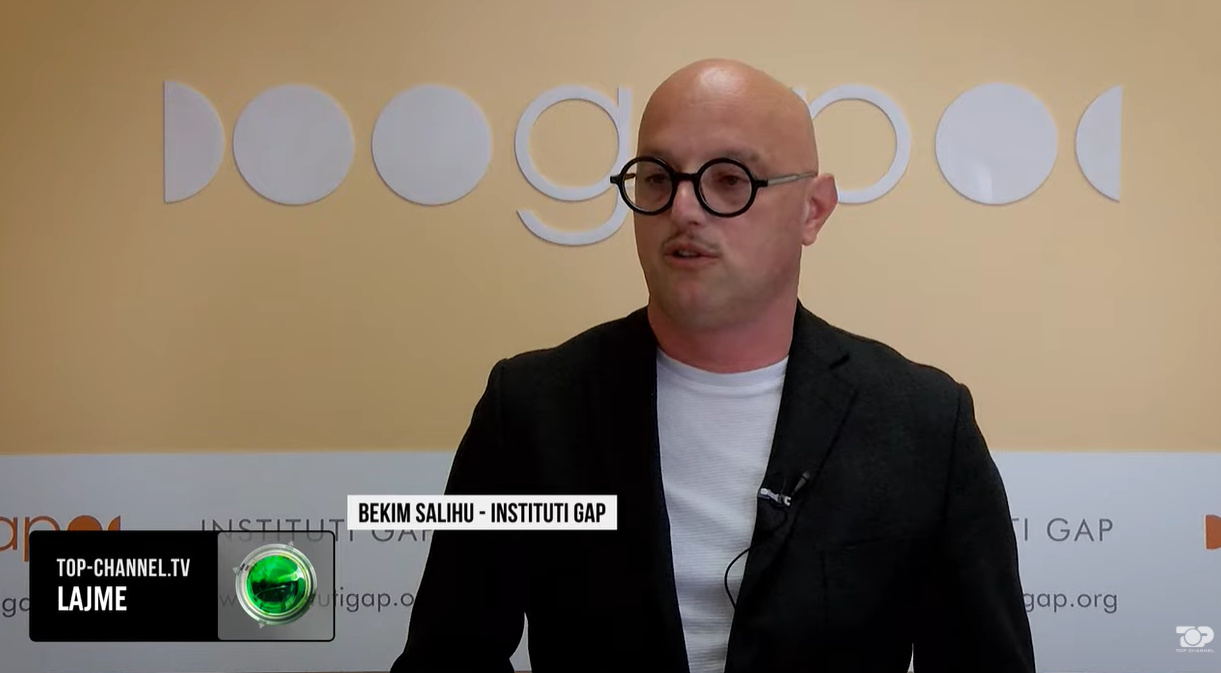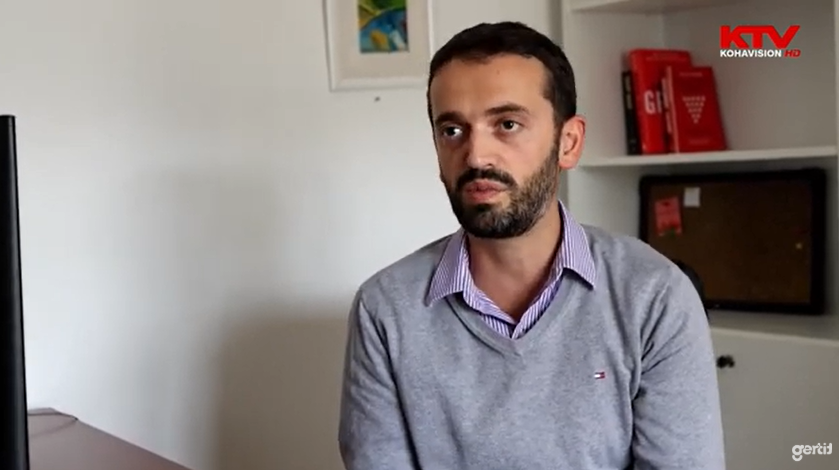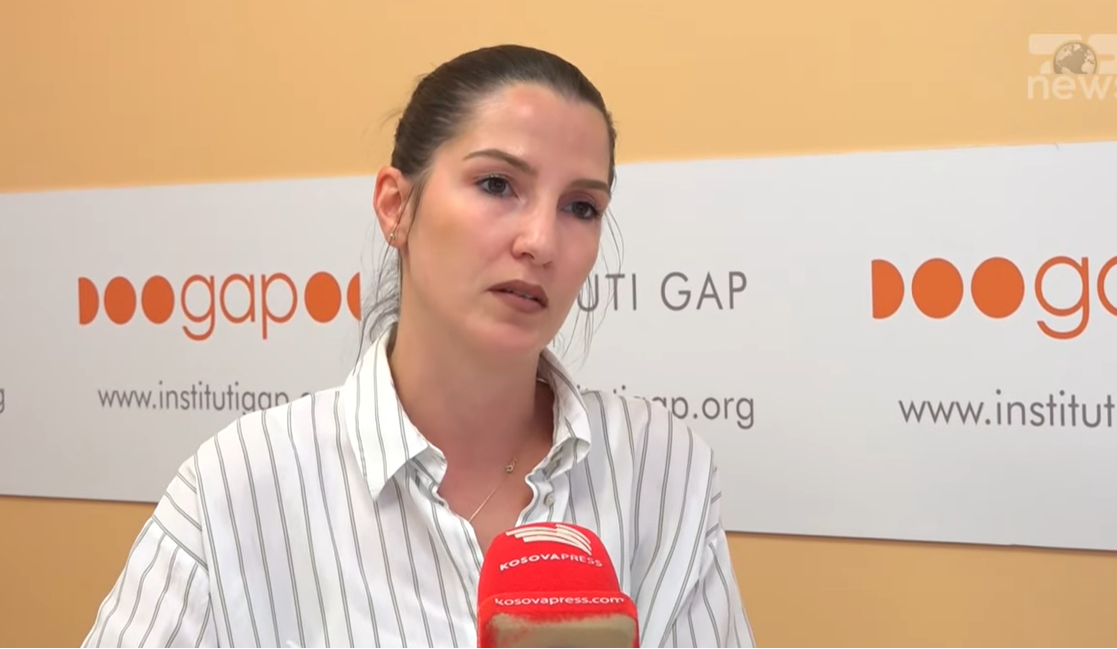Poor planning of central publicly owned enterprises in Kosovo
31/10/2023
Today, GAP Institute, Group for Legal and Political Studies (GLPS), and Institute for Development Policy (INDEP), under the “Support to civil society to increase public oversight and accountability of Kosovo public institutions” project, supported by the British Embassy in Kosovo, held a press conference, where the findings of the report “Poor planning of central publicly owned enterprises in Kosovo.”
Blendi Hasaj, Executive Director at GAP Institute, emphasized that public enterprises in Kosovo face a number of challenges, such as overwork, political influence, misappropriation, poor services, and the signing of harmful contracts, which have affected these enterprises do not have a financial stability and proper development. Likewise, many enterprises have failed to develop sustainable long-term planning, clear corporate policies or proper planning of capital investment needs.
Besart Zhuja, Researcher at GAP Institute, showed that analyzes the performance of key enterprises in the country, which generate about 82% of the revenues in this sector, namely Trepça, Kosovo Energy Corporation (KEK), Ibër-Lepenci, Infrakos, Trainkos, Telecom, the Postal Service, and the Kosovo Landfill Management Company (KLMC), against the strategic planning presented in their business plans for the period of 2020-2022. According to him, the findings highlight a disconnection between the strategic plans of the POEss and their commitment during a year. For five of the seven central enterprises covered in this brief, revenues at the end of 2022 were lower than forecast in the business plan for that year.
Based upon the findings, GAP Institute recommends that it is paramount that the publicly owned enterprise boards and management in Kosovo focus on strategic planning. This could be done by putting in place mechanisms that ensure the monitoring of the achievement of indicators included in the business plan. Similarly, the responsible Unit at the Ministry of Economy should more actively monitor enterprises’ performance against their strategic objectives. It should also demand accountability as a shareholder for the reasons for the results if they are not satisfactory. This would lead to greater engagement in achieving the objectives. However, it would also ensure that enterprises, boards, and management pay more attention to strategic issues concerning the enterprise.
Click here to read the full report.
he Project “Support to civil society to increase public oversight and accountability of Kosovo public institutions” is funded by the Foreign, Commonwealth and Development Office through the British Embassy in Pristina.
The contents of this publication are the sole responsibility of the GAP Institute (GAP), Group for legal and Political Studies (GLPS) and Institute for Development Policy (INDEP), and do not necessarily reflect the views of the Foreign, Commonwealth and Development Office.















